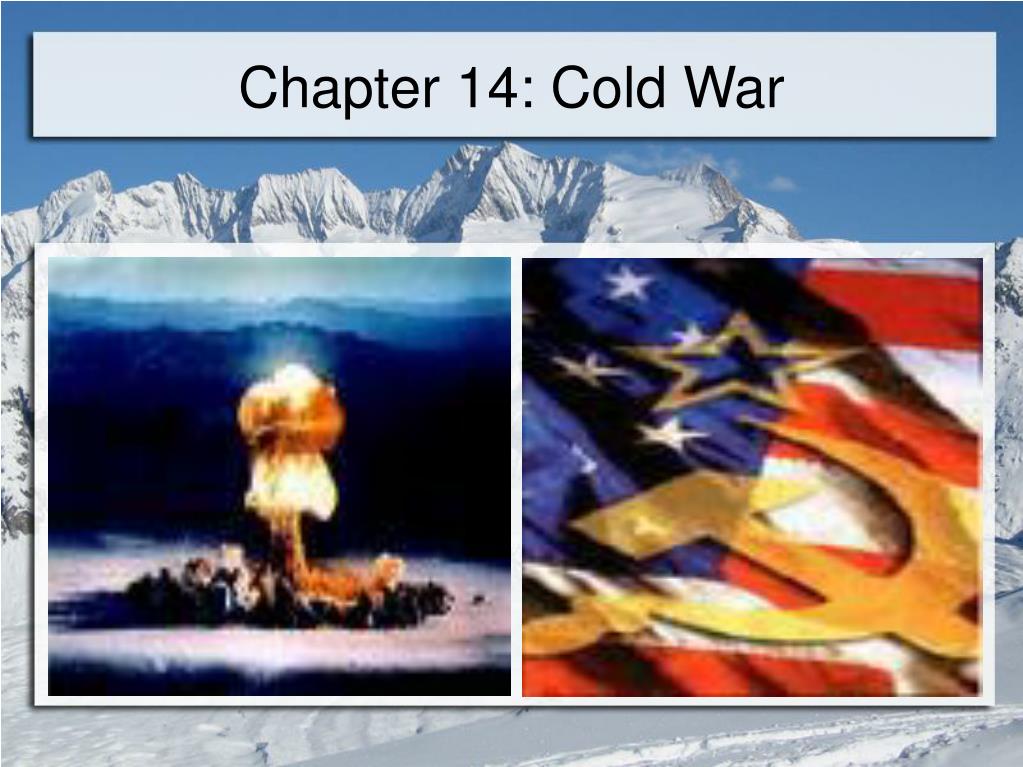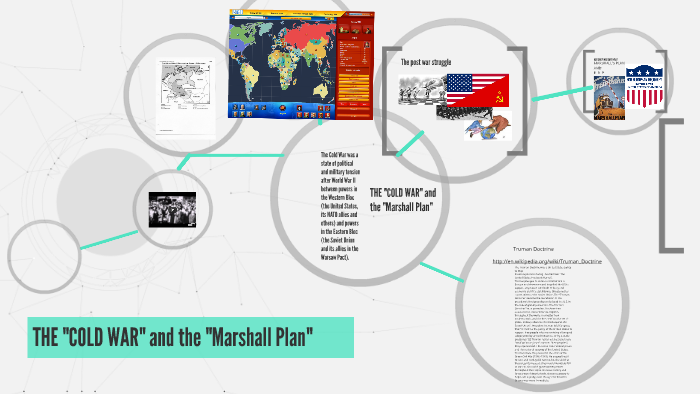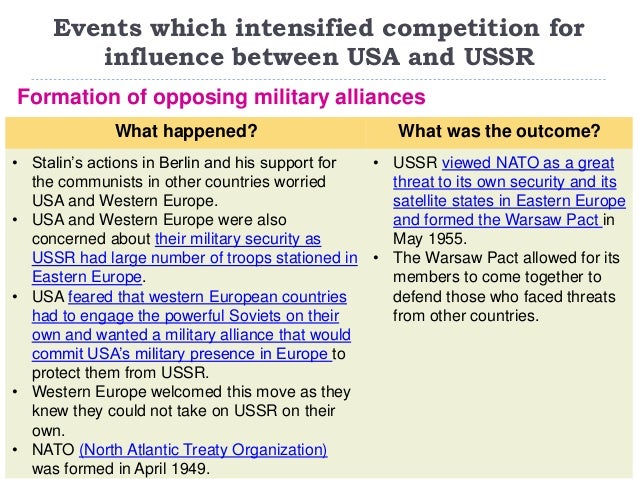


When reading memoirs about Reagan and interviews with his advisers, what impresses and surprises the most is that the “great communicator” was regarded as “impenetrable” by many of those who adored him, who worked for him, and who labored to impress his legacy on the American psyche. 1įiguring out what Ronald Reagan wanted to do, or, more precisely, what things he wanted most to do, may be an impossible task. Noting these contradictions and Reagan’s competing impulses, some writers even claim that he wanted to do all of these things. Some say he wanted to abolish nuclear weapons and yearned for a more peaceful world others say he built up American capabilities, prepared to wage nuclear war, and sought to destroy communism and the evil empire that embodied it. Others claim he wanted to end the Cold War. Scholars love debating the role of Ronald Reagan in the Cold War. He was Gorbachev’s minor, yet indispensable partner, setting the framework for the dramatic changes that neither man anticipated happening anytime soon. These ironies, rather than detracting from Reagan’s significance, should instead put it in proper perspective. Ultimately, by striving to end the nuclear arms race and avoid Armageddon, he contributed to the dynamics that led to the dissolution of the Soviet Union. In that process, his emotional intelligence was more important than his military buildup his political credibility at home was more important than his ideological offensive abroad and his empathy, affability, and learning were more important than his suspicions.

This paper focuses on a fascinating paradox of his presidency: By seeking to talk to Soviet leaders and end the Cold War, Reagan helped to win it. Leffler Scholars, like contemporary observers, continue to argue heatedly over the quality of President Ronald Reagan’s strategy, diplomacy, and leadership.


 0 kommentar(er)
0 kommentar(er)
